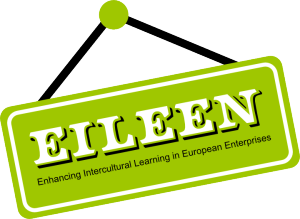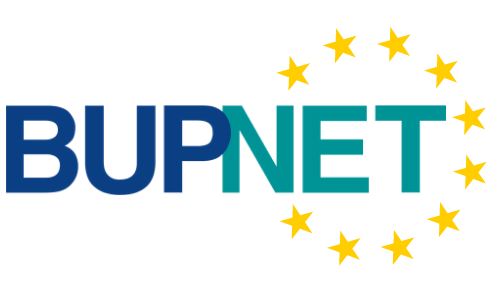 EILEEN – Enhancing Intercultural Learning in European Enterprises
EILEEN – Enhancing Intercultural Learning in European Enterprises
EILEEN intends to develop a comprehensive approach which foresees the involvement of professionals working in European enterprises and young unemployed – both groups will be trained on how to cope with cultural diversity in the workplace.
The main aim of the project is to:
- promote and validate intercultural competences;
- promote a welcoming culture in European enterprises;
- promote European mobility.
This shall be achieved by:
- exploring existing approaches to enhance and validate intercultural competences in European enterprises;
- investigating the specific needs of enterprises for hosting interns with different cultural backgrounds;
- developing the EILEEN validation system based on the proven LEVEL5 for assessing and validating competences;
- developing and testing training modules on intercultural topics for multipliers in European enterprises;
- developing training modules for young people on intercultural topics aimed to prepare them to take part in a European internship;
- organising intercultural traineeships as open learning projects;
- validating competence developments of both host enterprises and interns by means of LEVEL5;
- developing and promoting a European label “Welcoming European Enterprise”;
- launching a European Award on innovative initiatives to promote intercultural learning in European businesses.
EILEEN addresses:
- young people that shall be motivated and prepared for an internship abroad;
- entrepreneurs willing to host a young intern;
- evaluators and validation practitioners;
- external stakeholders and institutions;
- the broad society.
- coordinated by: BUPNET, Göttingen, Germany
- eight partners from eight countries (UK, BG, ES, GR, FR, IT, BE, PT)
- funded by the European Commission
- Duration: 09/2014-08/2016
 The European Commission’s support for the production of this publication does not constitute an endorsement of the contents, which reflect the views only of the authors, and the Commission cannot be held responsible for any use which may be made of the information contained therein.
The European Commission’s support for the production of this publication does not constitute an endorsement of the contents, which reflect the views only of the authors, and the Commission cannot be held responsible for any use which may be made of the information contained therein.
